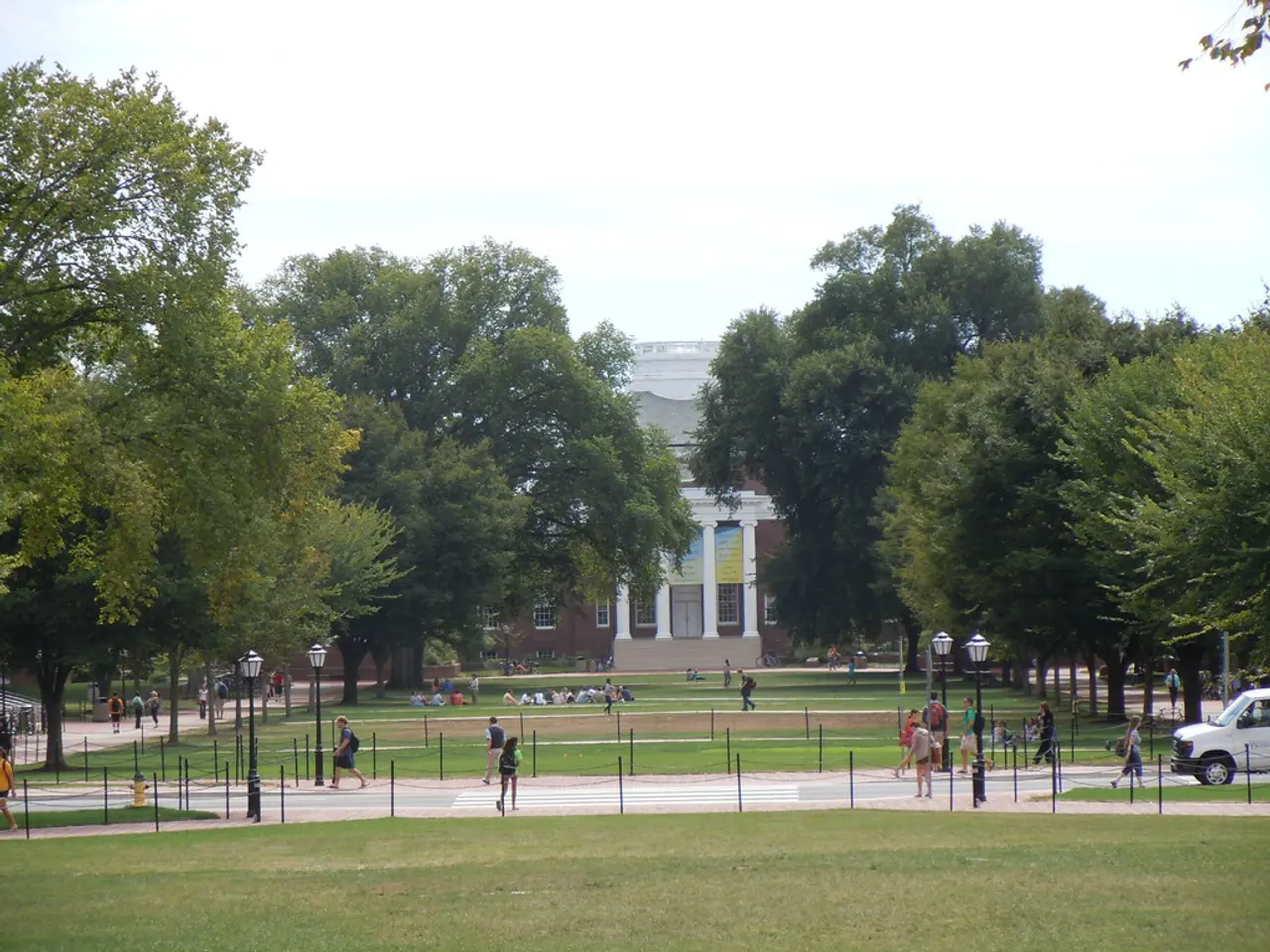Collegiate Institutions Continue Admitting Students From Their Reserve Lists
U.S. Visa Interview Delays Impact International Student Enrollment
Delays and uncertainties in international student visa processing have caused colleges to extend their waitlists into July and August. The U.S. State Department's pause on visa interviews between May 27 and June 18, 2025, during the peak season for international students, combined with new social media vetting protocols and limited consular appointments in key countries like India and China, has created a backlog. This disruption threatens incoming international students' ability to start classes on time.
Colleges such as Duke, Harvard, and Columbia are keeping their waitlists open longer to fill spots if these students cannot enroll. Other universities, like Stanford, MIT, and the Naval Academy, admit a higher percentage of waitlisted students compared to other colleges and universities.
Several factors contribute to the extended waitlists. Students opting for gap years or changing plans during the summer create unexpected openings for enrollment. Financial considerations also play a role, as admitting more students, including transfers, can enhance university revenue. However, ongoing political controversies and investigations at some universities are less likely to explain the waitlist extensions this year.
College admissions forums typically wrap up in June, but this year they extended into July. Duke contacted some students to see if they were still interested in staying on the waitlist and reportedly sent out acceptance letters on July 30. Rice University, in a unique move, contacted some students on its waitlist in late July and offered them a one-time grant of $2500 to cover any expenses they may have incurred enrolling at other schools.
Waitlists can be painful for students as colleges make decisions based on considerations beyond the students' control, often favoring students from families that can pay the full cost of attendance. Davin Sweeney, the director of college counseling at Avenues, a private school in Manhattan, counsels students and parents about how to deal with waitlists. He notes that there is not a lot a student can do after they have indicated interest in staying on the waitlist.
NAFSA predicts a potential 30-40% decline in new international student enrollment, which could mean 150,000 fewer international students on American campuses. As the college admissions landscape evolves, institutions may lean heavily into their early decision process to admit a larger percentage of their freshman class. Colleges employ waitlists because admissions is a complex process and institutions are often competing for the same students.
James S. Murphy, a writer who has been featured in prominent national magazines and newspapers, discusses these developments in higher education. Independent school counselors have been discussing late admissions in listservs and group chats. By August 1, Columbia University will close its waitlist. The college admissions landscape may be better for students with higher admit rates and more merit aid, especially if they're from full-pay families.
- International students facing visa interview delays may miss the beginning of classes at universities such as Duke, Harvard, and Columbia, which are keeping their waitlists open to accommodate late enrollment.
- With the extended waitlists and new student grants, universities like Rice University are offering financial incentives to attract students who were waitlisted, like the one-time grant of $2,500 they provided to some waitlist candidates.
- As these delays and backlogs in visa processing threaten incoming international students' abilities to start classes on time, popular college admissions forums have extended their discussions into July, with some colleges making late acceptance decisions, like Duke on July 30.
- Amidst the discussions on late admissions, independent school counselors are considering how the impact of visa delays on international student enrollment could shift the college admissions landscape, potentially favoring institutions that have higher admit rates and more merit aid.




